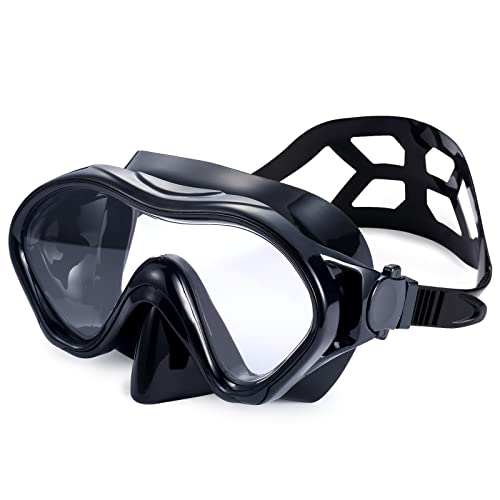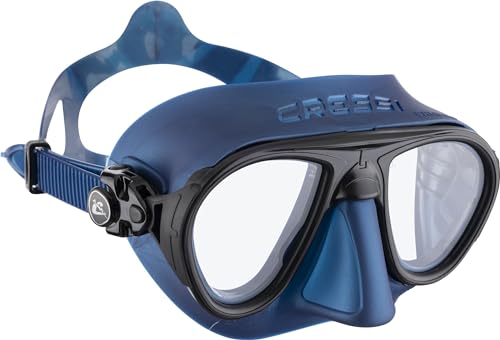Why a proper fit is crucial for diving masks
Diving masks are an essential piece of equipment for any scuba or snorkeling enthusiast. However, a common problem that many divers face is finding a mask that fits them correctly. A poorly fitting mask can lead to a range of issues, including leaks, fogging, and discomfort during prolonged dives.
The importance of choosing the right lens type
Another common issue with diving masks is choosing the appropriate lens type for the specific diving conditions. Different lenses can impact a diver’s ability to see clearly underwater, which can lead to disorientation, difficulty navigating, and even accidents. For example, a diver who wears prescription eyeglasses may require a mask that can accommodate their needs or can use contact lenses instead.
Preventing fogging with proper maintenance
Fogging is a frequent issue that can impair a diver’s visibility and ruin their dive experience. One of the main reasons for fogging is improper lens maintenance. Regular cleaning of the mask lenses with an anti-fog solution, avoiding touching the inside of the lenses, and proper storage can help prevent this issue from occurring.
Addressing leaks in diving masks
Leaking masks are a common problem that can be caused by various issues, including an improper fit, worn-out seals, or a cracked lens. It’s important to address these issues before diving to avoid water from filling up the mask and causing discomfort, increasing the risk of accidents.
How to choose a high-quality diving mask
To avoid the above issues, it’s essential to choose a high-quality diving mask that suits your needs. Consider factors such as lens type, mask style, materials, and fit. Additionally, check product reviews and seek advice from professional divers or seasoned enthusiasts before making a purchase.






